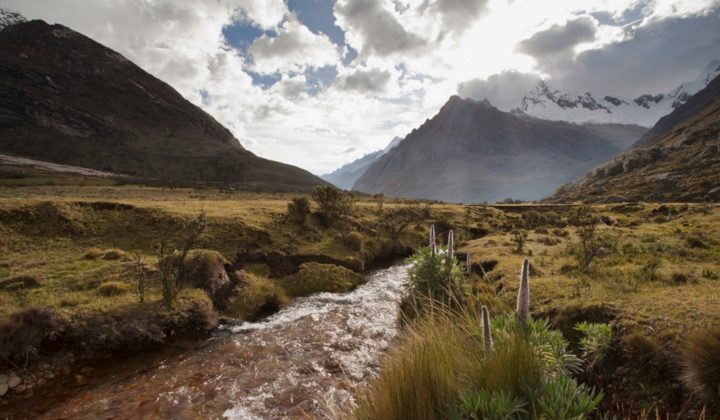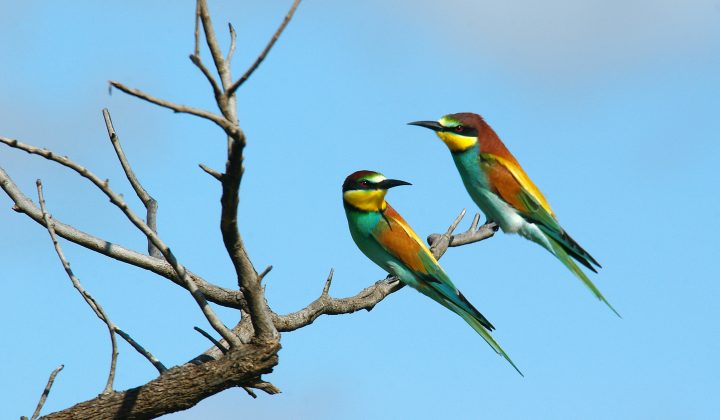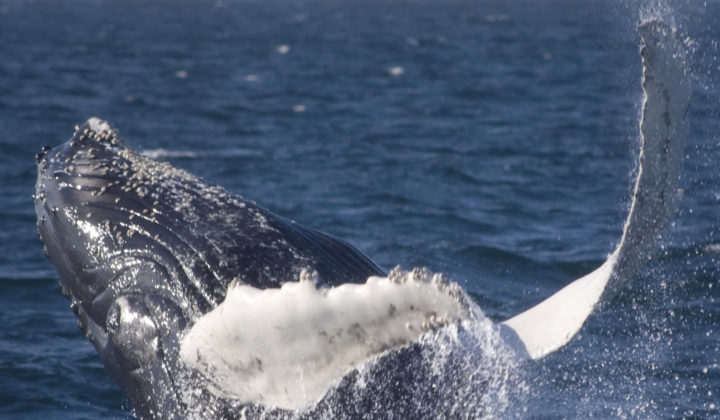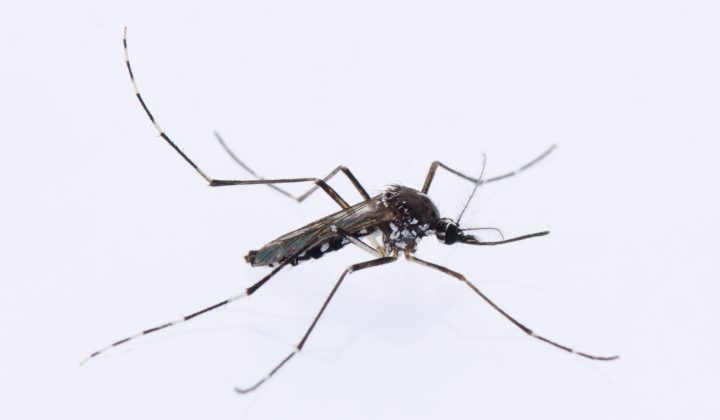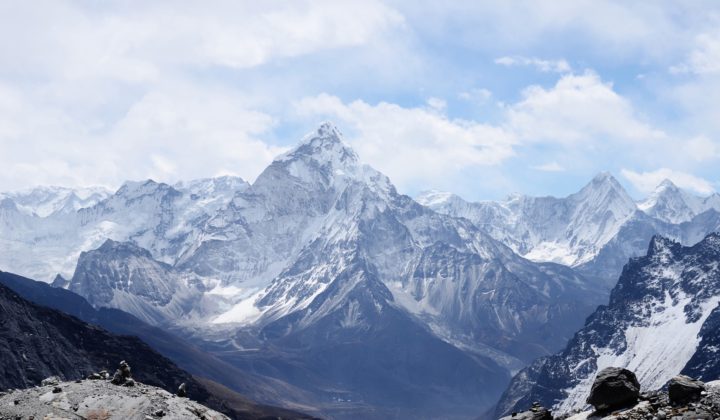SBIK-F Research Group
Ecosystem Services and Social-Ecological Systems
The community of states repeatedly fails to meet the targets it has set itself for reducing biodiversity loss. In order to understand this more precisely and to find approaches for action – from the international to the local level – social processes must be considered together with biodiversity and climate dynamics. Therefore, our working group investigates how society, biodiversity and climate influence each other and how they interact. For this purpose we develop inter- and transdisciplinary concepts and methods. These allow for the integration of data and findings from the natural and social sciences within the framework of social-ecological biodiversity research. They also support the dialogue between science and society on biodiversity and ecosystem services as well as on the impact of human activities on ecosystems.
One focus of our work is the investigation and modelling of dynamics of land use change and its effects on ecosystem services and biodiversity. In addition, we investigate normative conflicts that may arise from the use of biodiversity and ecosystem services. We try to gain a deeper understanding of conflict potentials and dynamics in the use of biodiversity and ecosystem services. A further focus is the investigation of the relationship between population development and ecosystem services and the resulting dynamics.
In order to understand the many facets and complexity of the dynamic interaction between society, biodiversity and climate change, we draw on a wide range of methods from both natural and social sciences. We, for example, use integrated modelling methods to analyze the processes taking place on different spatial and temporal scales as well as their causes, dynamics and effects. In order to determine the dynamics of use and the resulting trade-offs, we examine, inter alia, the perception, access, motives and use of ecosystem services across different stakeholder groups. In addition, we work on the conceptual development and integration of ecosystem services and social-ecological systems.
In our working group, the geobiodiversity approach of Senckenberg’s research program is extended by the social-ecological analysis of the interactions between the bio- and geosphere. The transdisciplinary contributions from our research group additionally address the societal knowledge demand in research, application and communication. The corresponding research is not only located at the intersection of different scientific disciplines but also between science and society, for example to support decision-making for sustainable development at the science-policy interface.
The working group “Ecosystem Services and Social-Ecological Systems” is located at ISOE – Institute for Social-Ecological Research. It is supported by a cooperation agreement between Senckenberg and ISOE.

